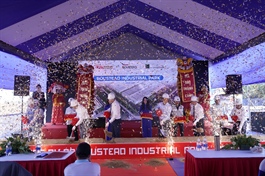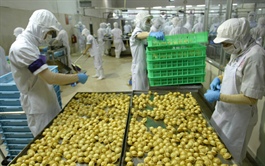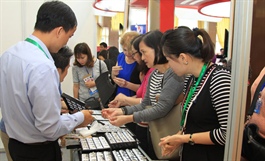Vietnam ready to take more active role in Asia–Pacific amid RCEP signing: PwC
Vietnam ready to take more active role in Asia–Pacific amid RCEP signing: PwC
Digitalization will be a significant need for Vietnam to boost industrial competitiveness, enhance human capital, as well as keep up with regional and international standards, according to PwC Vietnam.
Regional collaboration is now a necessity to make Asia-Pacific more resilient and future-ready. As one of the growing markets, Vietnam is ready to take a more active role and make a contribution to addressing the region’s fast-growing demand, according to General Director of PwC Vietnam Dinh Thi Quynh Van.
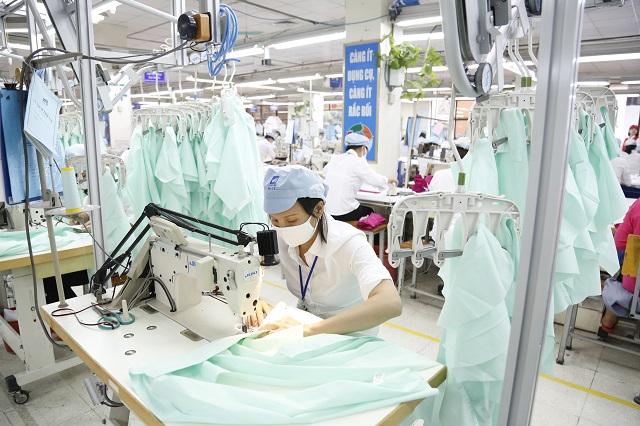
Vietnamese companies will need to better prepare themselves to capitalise on RCEP's benefits. Photo: Thanh Hai.
|
The recent signing of the Regional Comprehensive Economic Pact (RCEP), the world largest trade agreement, offers businesses in Vietnam better access to large markets and an enhanced trade environment, Ms. Van said at a launching ceremony of a new report by PwC discussing measures to ensure growth in the Asia – Pacific region on November 17.
“However, Vietnamese companies will need to better prepare themselves to capitalize on the benefits this deal brings,” Mrs. Van noted.
“Digitalization will be a significant need for Vietnam to boost industrial competitiveness, enhance human capital, as well as keep up with regional and international standards,” she added.
PwC’s report was commissioned in view of the continuous disruption and challenges to economic growth in the Asia-Pacific region in the past few years. Trade protectionism, geopolitical tensions, changing demographics and climate change have all threatened the region's growth.
The Covid-19 pandemic has exacerbated the challenges and accelerated the need to act. The report highlights the urgent need for strong leadership with a fresh vision, supported by enabling policies that facilitate government, corporate and social collaboration.
“The Asia-Pacific region can no longer rely on passive growth in the hopes its fundamental growth factors such as urbanization, human capital, trade flows and rising adoption of technology, will continue to attract enough investment to steer it through these challenging times,” Raymund Chao, charmain of PwC Asia Pacific, commented.
“Instead stakeholders must be more self reliant by supplementing global investment with visions and strategies that are more Asia Pacific-centric. New growth principles of resilience, co-ownership, transparency and a broader shared purpose will be key to this,” asserted Chao.
Five priorities
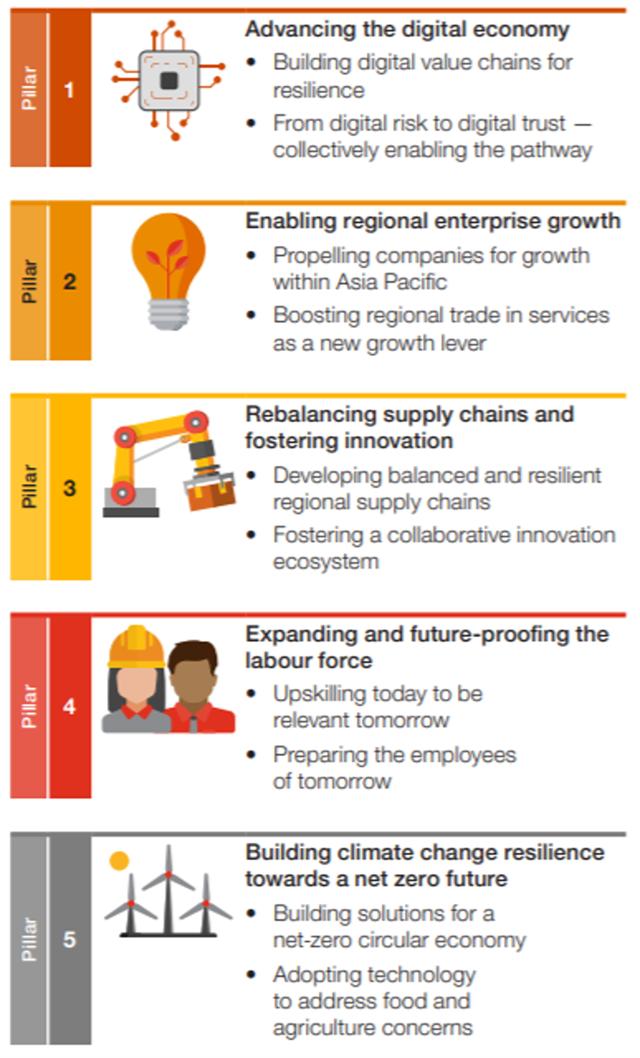
Source: PwC.
|
The report identifies five key and interconnected pillars to focus on in order to build a more resilient and inclusive future for Asia Pacific.
Pillar 1 — Advancing the digital economy: Companies should identify the right areas for digitalisation and prioritise suitable deployment of technological solutions across their value chain. However, companies will also need to adopt preventive measures on cyber resilience, with governments facilitating regulations and public-private partnerships against cybercrime.
Pillar 2 — Enabling regional enterprise growth: Enterprises should adopt a capability-driven regionalisation strategy based on three foundational areas: operational performance, product and process innovation and go-to-market excellence, along with digital adoption and regional expansion in the services sector.
Pillar 3 — Rebalancing supply chains and fostering innovation: There are opportunities for companies to restructure their global supply chains and transition to new regionally integrated networks. These technology-enabled, regional supply chains will help organisations better manage their procurement, production and distribution networks to achieve higher transparency and greater resilience.
Pillar 4 — Expanding and future-proofing the labour force: Reskilling programmes that align to the specific needs of companies and employees can reshape workers’ abilities to contribute to economic success, while partnerships between government and industry can make upskilling more effective. Governments should lead by realigning the education system to priorities for future growth and articulate new roles and responsibilities for business and society.











